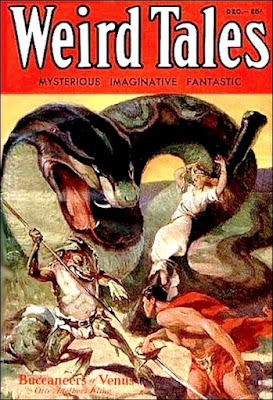The story begins with an outlaw named Ascalante formulating a plot to assassinate King Conan of Aquilonia, a country that has turned against their king due to his foreign heritage. The Rebel Four (Volmana, Gromel, Dion, Rinaldo) all feel as though they are employing Ascalante's services. In reality, Ascalante plans on betraying the killers so he can seize the crown for himself. Ascalante's ace-in-the-hole is Thoth-Amon, an evil wizard he has enslaved to do his bidding.
A number of events occur that aid King Conan in escaping the assassination. A dead sage (ghost?) appears before Conan and warns him of the plot, allowing the barbarian king to prepare for their arrival. Additionally, this dead sage singes Conan's sword with the symbol of the phoenix, a tribute to a God named Mitra. At the same time, Thoth-Amon gains back a magical ring he lost years ago. To exact revenge on Ascalate for enslaving him, he conjures a large ape-like creature to venture out to hunt and kill Ascalante. All of this culminates in a bloody and vicious fight in Conan's throne room as he battles the Rebel Four, Ascalante, and sixteen of his rogue warriors.
Obviously, there's a lot to digest over the course of this 9,000 word short story. In the manuscript's original form as "By This Axe I Rule", the magic element is absent, replaced with a simpler approach of Kull being warned of the assassination plot by a slave girl. Perhaps the story was too simple for Weird Tales editor Farnsworth Wright. Thus, Howard injects a magical pageantry to the tale, mystifying readers with political intrigue, monstrous mayhem, and a violent hero to cheer. The story is beautifully constructed with all of these moving, intricate parts blended together to create an artistic apex. This is Howard in brilliant form. "Phoenix on the Sword" is a mandatory read for any action-adventure fan. Perfection.
Buy a copy of this book HERE


During a patch when I read my way through a very large part of Howard's body of work I encountered both stories within a short time of each other-and remember noting the parallel (which interested me partly because looking at all the unpublished stuff, and all the reworking of his older ideas, was an insight into aspects of "the writing life" that "highbrow" literary critics tend to slight). I enjoyed both versions (in fact I think I liked the Kull version better at the time), though I certainly get the appeal of the heavier magical element in "Phoenix."
ReplyDeleteTPotS tends to get denigrated a little bit in Howardian circles, but I think it is quite well-wrought.
ReplyDelete